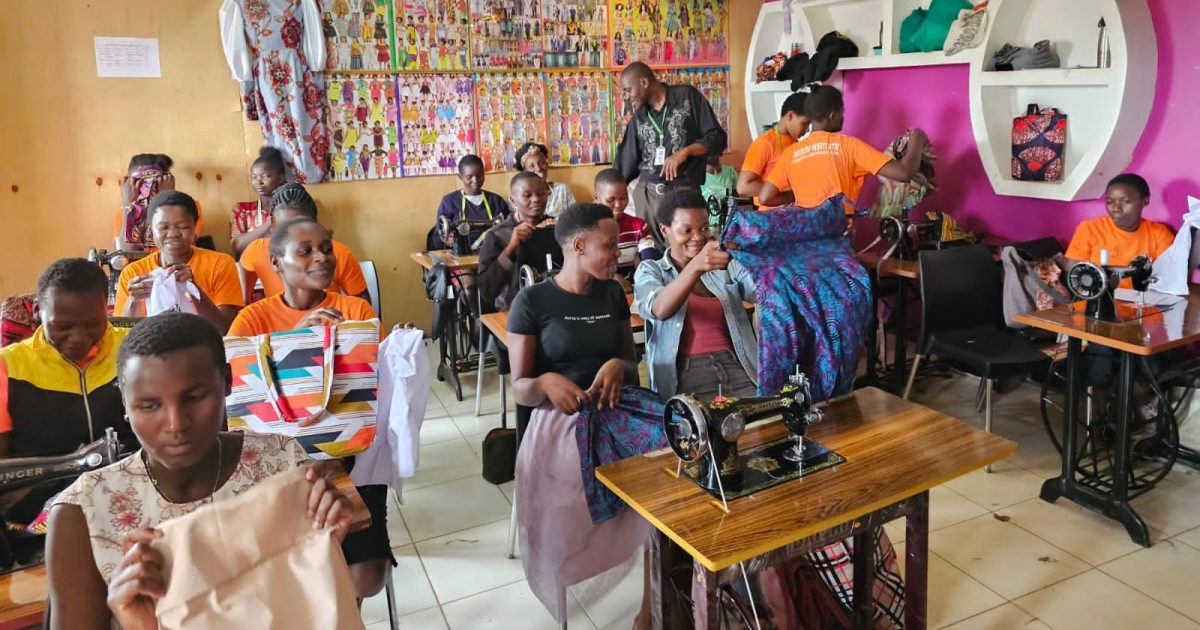There have been complaints in existing village polytechnics as students toil with various lessons to gain skills for their future livelihoods.
The complaints have been registered in the country in recent years, thanks to the promotion of the Technical, Vocational and Education Training (TVET) institutions, which the Kenya Kwanza Government considers as a vehicle towards the country’s industrial growth.
From the time of holding the Deputy President’s docket, President William Ruto made TVETs education his pet subject to ignite confidence on the young people in the country to embrace technology, a sure bet for self-employment and development.
Records indicate that an official government policy to propel village polytechnic education to greater heights started earnestly in 2014 when the first batch of students was admitted to these institutions. Most of them were KCPE graduates who did not get placement in form one classes.
The initiative, started by the Ministry of Education, Science and Technology, with an idea to construct more TVETs and village polytechnics in various parts of the country to accommodate more students, is currently paying dividends in all the 47 counties.
Within Migori County alone, the National Government has constructed institutions, equipped and deployed enough instructors to deal with the large number of students applying to take up various courses in technical skills.
Among the operating TVETs in the county are; Siala in Rongo sub-county, Oyani in Uriri sub-county, Mabera and Kiendege, in Kuria West and Kuria East sub-counties respectively and, Siruti in Awendo sub-county. Also spread across the region are several village polytechnics, among them; Bware, Uriri and Chinato, that have admitted hundreds of students.
Technical experts stress that such institutions are the centres for skills development to power the economy the county and that of the entire nation.
“Migori County and the entire nation will have to rely on young people with technical skills to move ahead especially in operating, repair of machines and entrepreneurship skills,” affirms Eng. Wellington Onyango, a retired career educationist.
During an interview with KNA at his home in Siruti areas of Awendo, Eng. Onyango emphasised that through these technical institutions, diverse programmes are offered to meet demands arising for economic growth since bourgeoisie interests like salon treatment or barbers needed to be addressed.
“For the record, there are many professionals with international reputations yet their only claim to skills is that they can make hair look really good. Others make very good cloth designs – Giogio Amani, Yves St. Laurent, all made themselves famous through fashion,” he said.
Johnson Kyoyo, an instructor at one of the local village polytechnic, says that the era the world is going into is one of knowledge-based economies and the emerging trends show that ‘we must revise our curricula in technical institutions to assist offer relevant knowledge to our youth.’
“In the new era, the manufacturing process must be unpacked, coded and be used through computerization for more efficient production,” he noted.
For this reason, Migori county leaders will have to crave tirelessly to make these institutions move towards embracing technology in the production process by offering competitive training for the young people in information and communication technology.
According to experts, these are the people to produce phone apps, machines and start mass production processes.
There is need to give the youth the chance to shine in engineering, furniture and artifacts making and fashion – making people look good through their hair designs and beauty care, adds K’Oyoo.
Mr. Michael Otieno, another technical skills instructor, notes that as Migori and the entire nation make efforts to promote technical skills education, it is critical and urgent that they work hard to move the institutions from providers of rudimentary agricultural training to the information age and ensure that the graduates they produce are relevant for the current market, both local and international.
“Modern economy will not be driven by rudimentary production techniques and beliefs that certain skills are less important than others. The skills complete each other,” he explained.
He stresses that economic productivity would increase once people and especially the youth start appreciating that some of the apparently useless things in their lives and society, those that they do not take seriously, will drive the economy in the future.
By George Agimba




